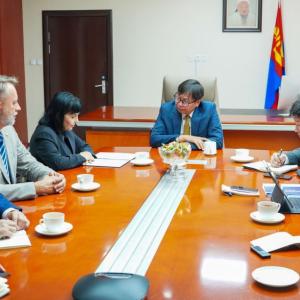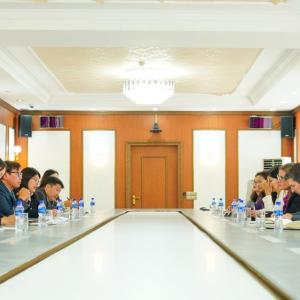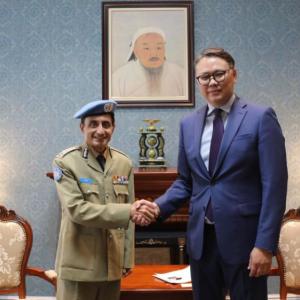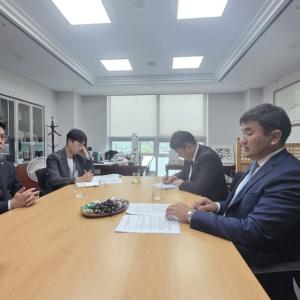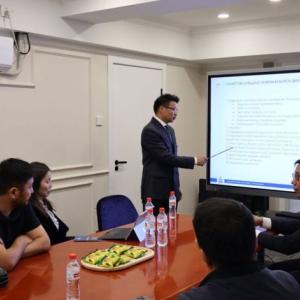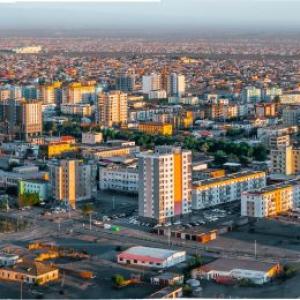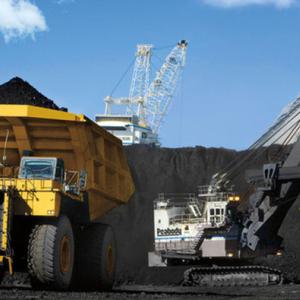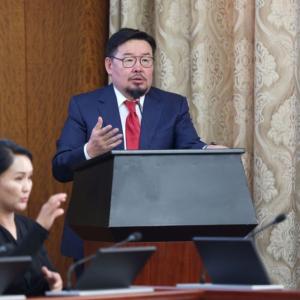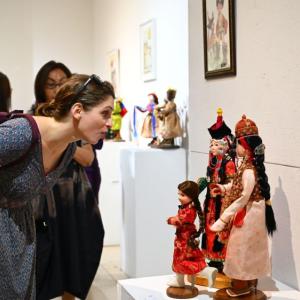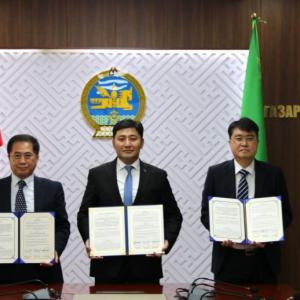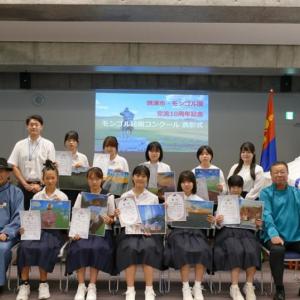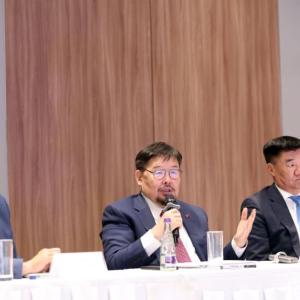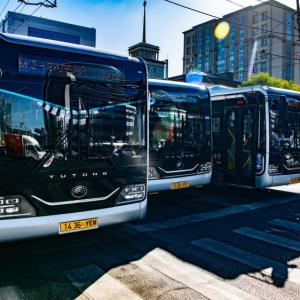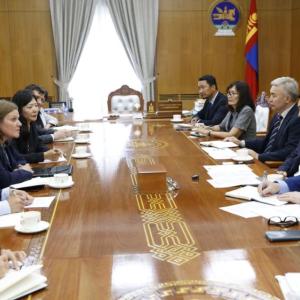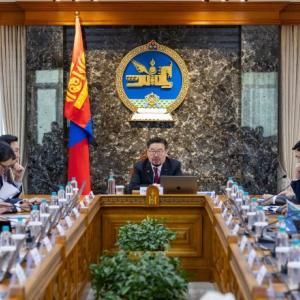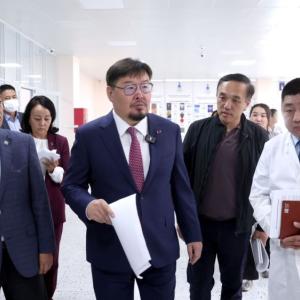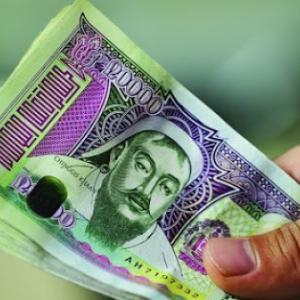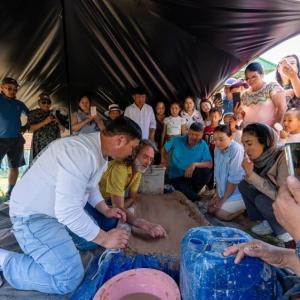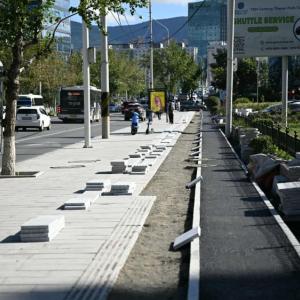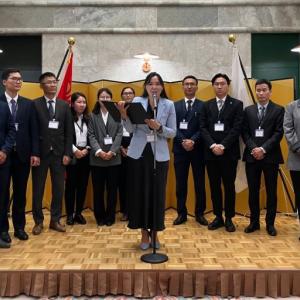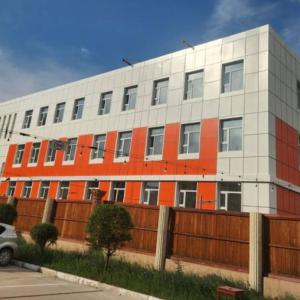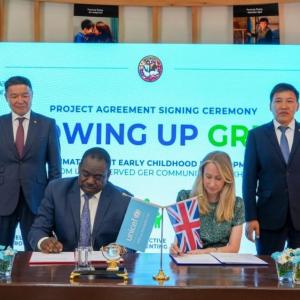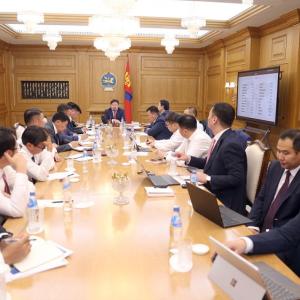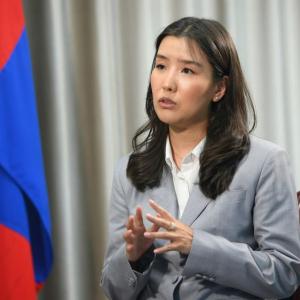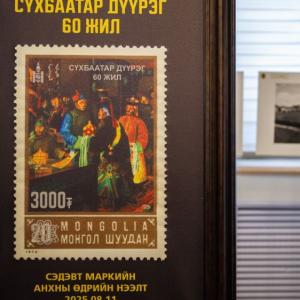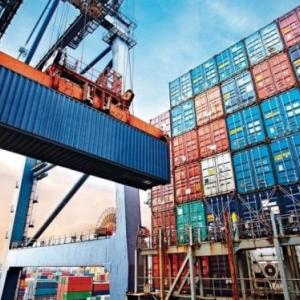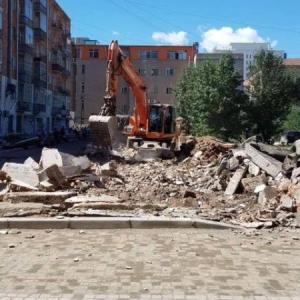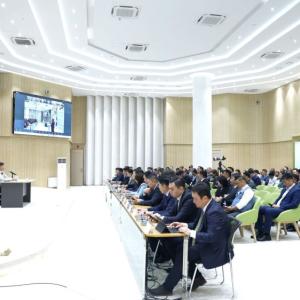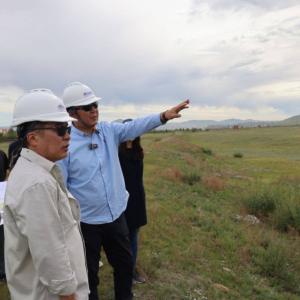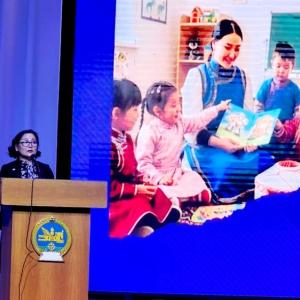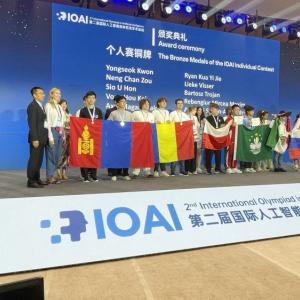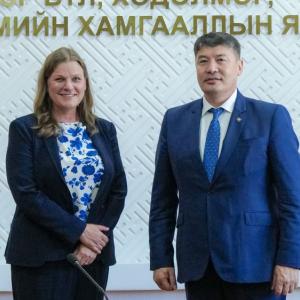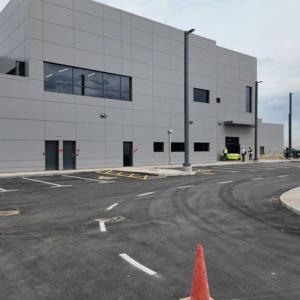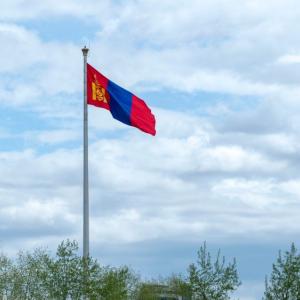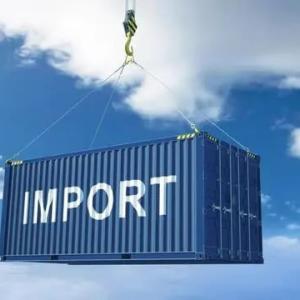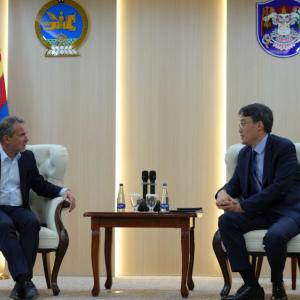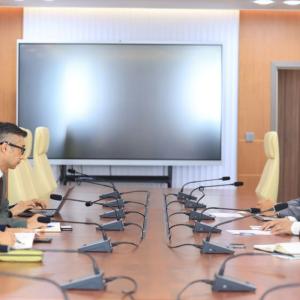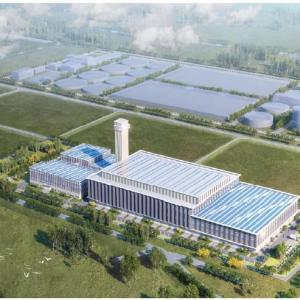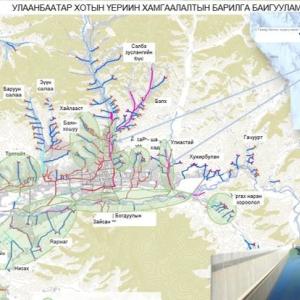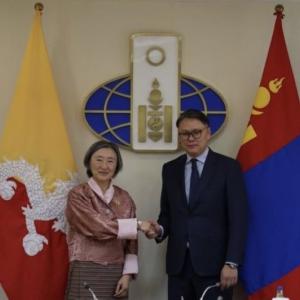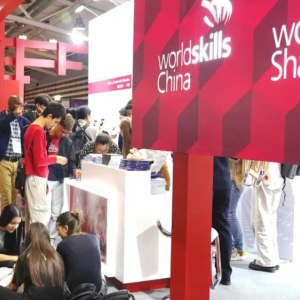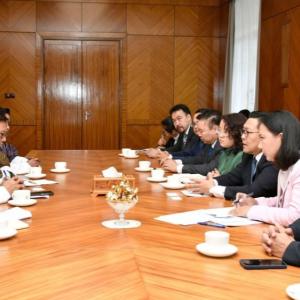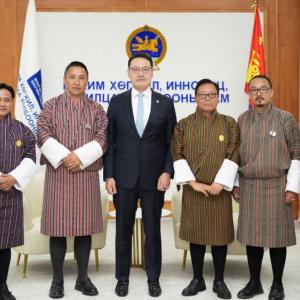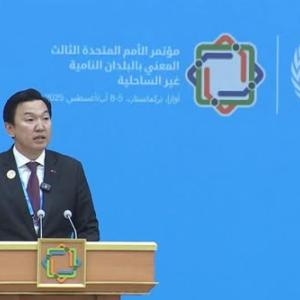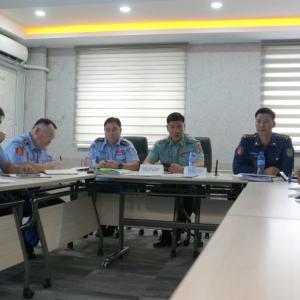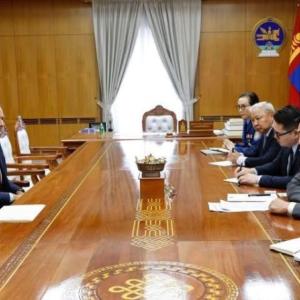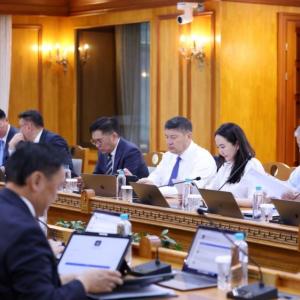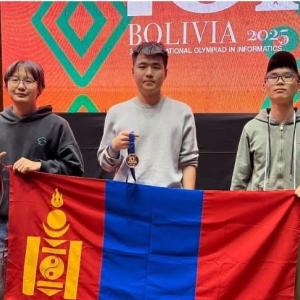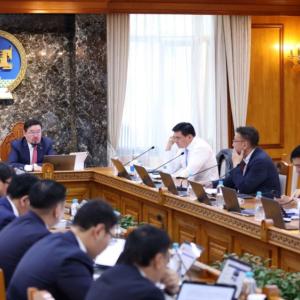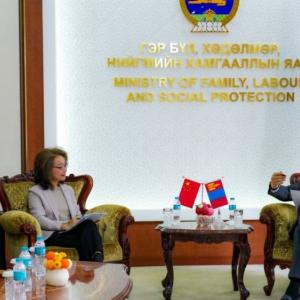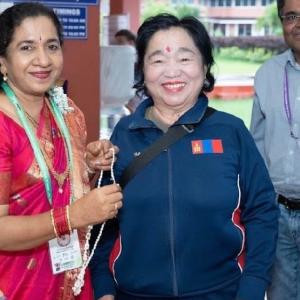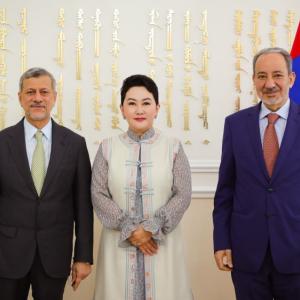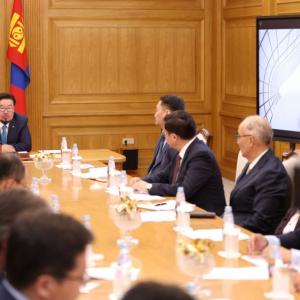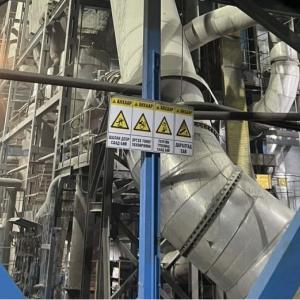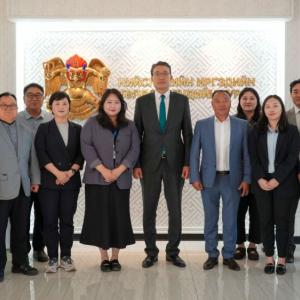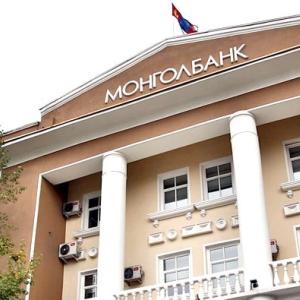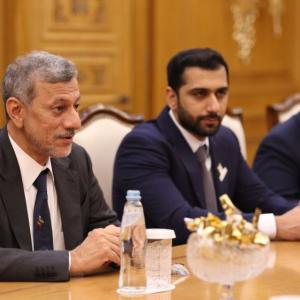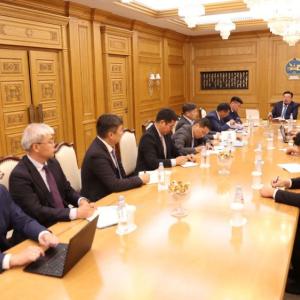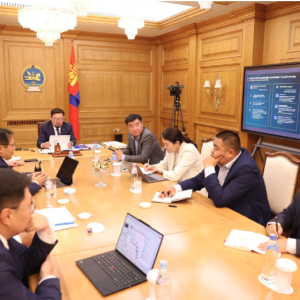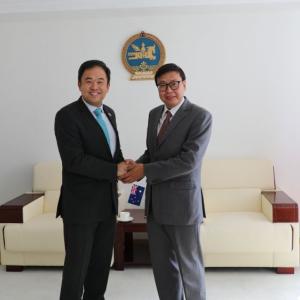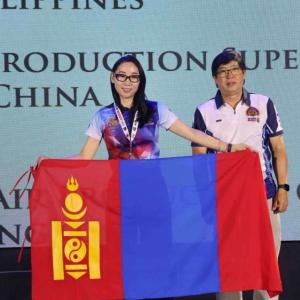Combination of air pollution and COVID-19 can cause more health risks
Society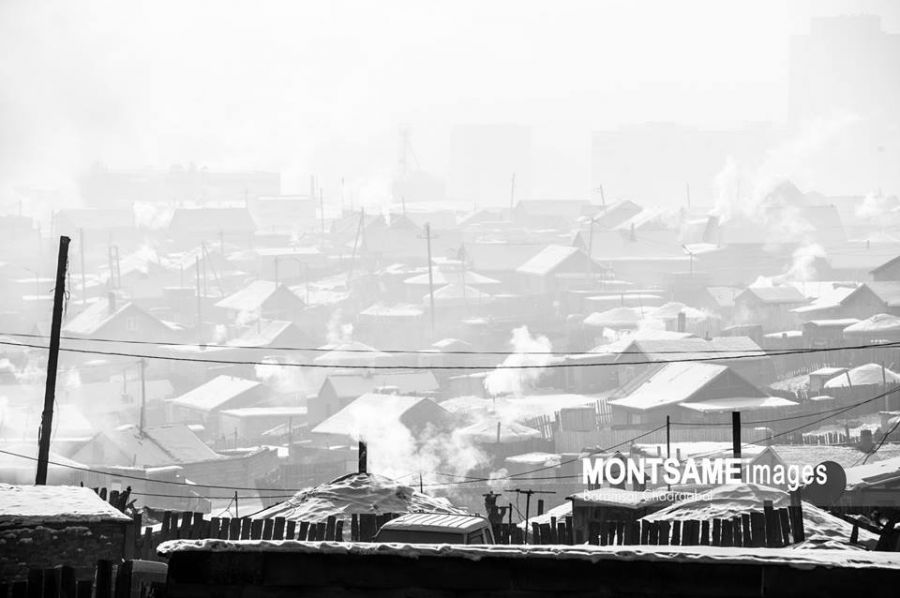
Ulaanbaatar
/MONTSAME/. Leading experts,
policymakers, development partners and private sector have gathered at a high
level consultative meeting “Air pollution in times
of the pandemic” today
to discuss air pollution reduction policies and programmes in Mongolia.
The dialogue organized by Parliamentary
Sub-standing committee on Air Pollution Reduction and UNICEF Mongolia, in
cooperation with World Health Organization and UNDP and with the support of
Swiss Development and Cooperation Agency aims to reflect on key measures
towards reducing air pollution, exchange best practices and results and come up
with recommendations to respond to air pollution in the context of human rights
and during the pandemic.
COVID-19 puts people at higher risk combined with air pollution and impacts may be a greater risk of infection and more severe COVID-19 symptoms and outcomes. The research highlights that higher levels of fine particulate matter PM 2.5 are associated with higher death rates from COVID-19.
“in a time of the pandemic, we must ensure
that air pollution reduction actions and measures taken by the Government of
Mongolia reach their ultimate goal and objectives. We must pay attention to not
only ambient air pollution, but also improving indoor air quality. With a
vision to make a significant difference in the quality of air we breathe and
create a healthy and and safe environment for everyone, we must approach the
issue in a compressive manner, considering social, economic impacts as well as
clean technology solutions. If successful, such approach could result in better
air quality, but also helps to reduce greenhouse gas emissions”, said Ms Saranchimeg.B,
Member of the Parliament, and Chair of the Parliamentary substanding committee
on Air Pollution Reduction
“While we rebuild from COVID-19 pandemic,
we must ensure that the gains made in reducing air pollution should not be
reversed. Hence, COVID-19 key response and recovery plans and budgets should
integrate policies and measures aimed at further protecting child and maternal
health from air pollution” says Mr. Evariste Kouassi-Komlan, UNICEF Mongolia
Representative.
The consultative meeting recommends more investment in reducing both indoor and outdoor air pollution to protect children including improving indoor air quality management in health facilities, schools, access to and investment for renewable forms of energy, avoiding coal fired Heat only Boilers to heat education and health facilities, shift from coal to clean technology.
***
For more information, please contact:
Ms. Ariunzaya Davaa, Communication Specialist, UNICEF Mongolia, +976-99112652,
adavaa@unicef.org
For more on the conference, please visit: http://airpollution-health.unicef.mn/

 Ulaanbaatar
Ulaanbaatar

